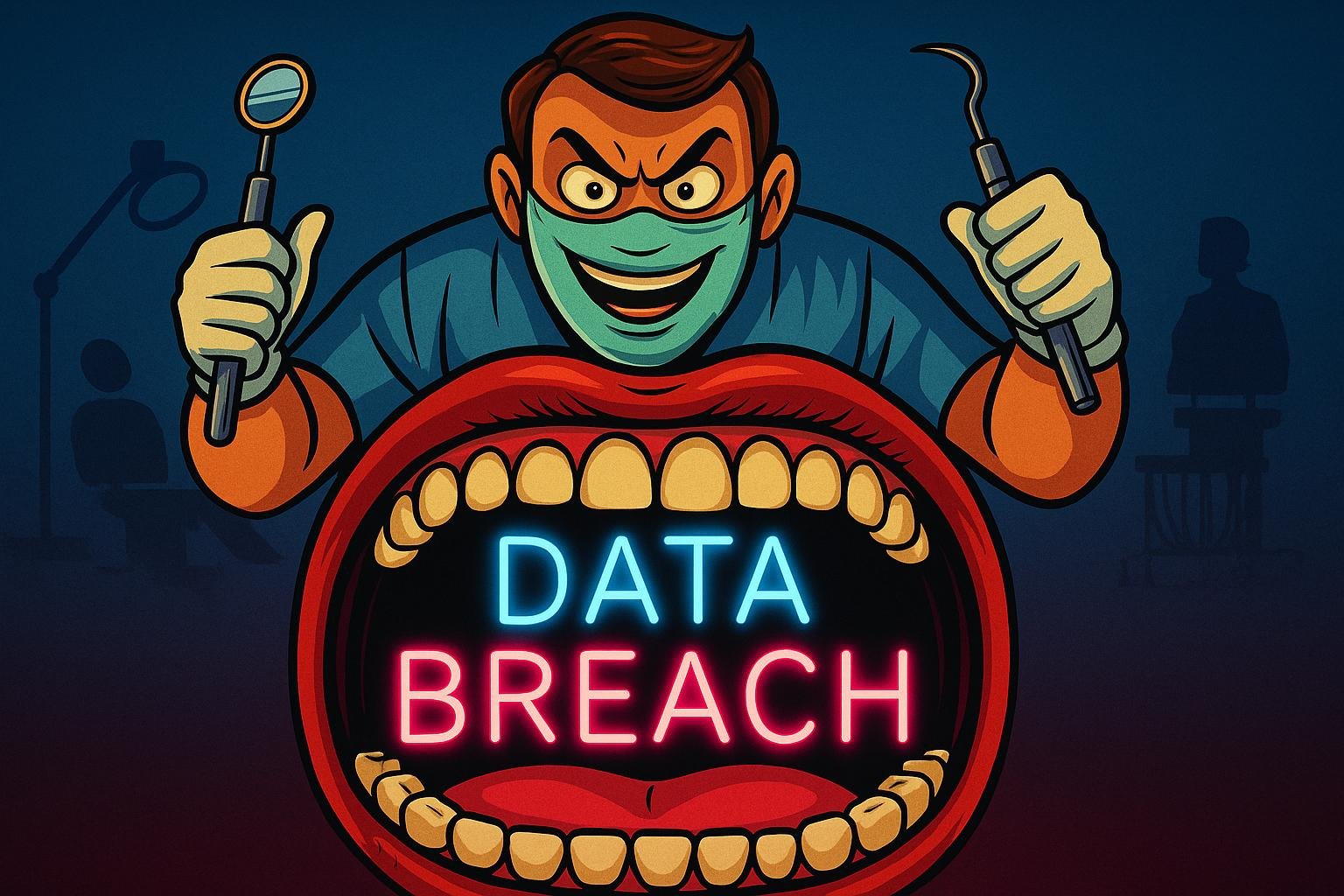A misconfigured MongoDB database linked to dental marketing firm Gargle has exposed the personal medical information of millions of Americans. The breach, which included sensitive appointment records and billing details, reveals how third-party vendors handling healthcare infrastructure can become critical security blind spots.
Millions of Patient Records Left Exposed in Gargle-Linked Breach
Cybernews researchers have uncovered a large-scale data breach involving more than 2.7 million patient profiles and 8.8 million appointment records, all exposed via an unsecured MongoDB database. The leaked data includes names, dates of birth, addresses, contact details, and sensitive healthcare metadata enough to form a detailed profile of each patient.
While the owner of the database has not been officially confirmed, metadata and system references point toward Gargle, an Utah-based company offering marketing, SEO, and web development services to dental practices. Although Gargle is not a healthcare provider, it operates critical patient-facing infrastructure such as scheduling tools, online forms, and payment systems services which, when improperly secured, can become high-risk entry points for data exposure.
Cybernews notified the company after discovering the open database, which was then quickly secured. However, no public comment has been issued by Gargle, and it remains unclear how long the information was exposed or if it was accessed by malicious actors before the lockdown.
How a Simple Misconfiguration Led to a Major Medical Privacy Crisis
At the core of the leak lies a common and recurring vulnerability: unsecured databases. MongoDB, a popular backend for dynamic web apps, is frequently targeted when system administrators fail to configure proper authentication protocols. In Gargle’s case, human error appears to have left the database publicly accessible.
Centre for Police Technology Hosts Exclusive Webinar on Smartwatch Forensics
The exposed database contained far more than just basic contact details. It included chart IDs, billing classifications, language preferences, gender data, and complete appointment metadata a trove of information that attackers could leverage in multiple forms of cybercrime.
Gargle’s website touts its tools as enhancing patient engagement and driving appointment bookings, but this incident underscores the privacy risks of third-party service providers handling sensitive healthcare data without healthcare-level security frameworks.
Medical Identity Theft, Insurance Fraud, and the HIPAA Fallout
The implications of this breach go beyond ordinary identity theft. Medical identity theft, insurance fraud, and targeted phishing attacks are among the most immediate threats. When paired with institutional references and verified mobile numbers, attackers could easily impersonate patients, submit fraudulent claims, or exploit the data for blackmail and scams.
More critically, the leak raises serious questions about HIPAA compliance. Any company handling patient data in the U.S. even indirectly is obligated to follow the strict privacy and security safeguards laid out under the Health Insurance Portability and Accountability Act (HIPAA). Failing to secure databases, even through oversight, can result in severe legal and financial consequences.
Algoritha: The Most Trusted Name in BFSI Investigations and DFIR Services
Affected individuals should be notified, and the company may be legally required to publicly disclose the breach. Patients who suspect their information was compromised are urged to monitor medical claims, avoid unsolicited communications referencing their health records, and consider enrolling in identity protection services.
As the healthcare industry increasingly leans on third-party tech vendors for patient interface services, the line between provider and processor is blurring and with it, the accountability for safeguarding personal health data. The Gargle leak may just be the latest example of a much larger systemic vulnerability in the digital healthcare landscape.



